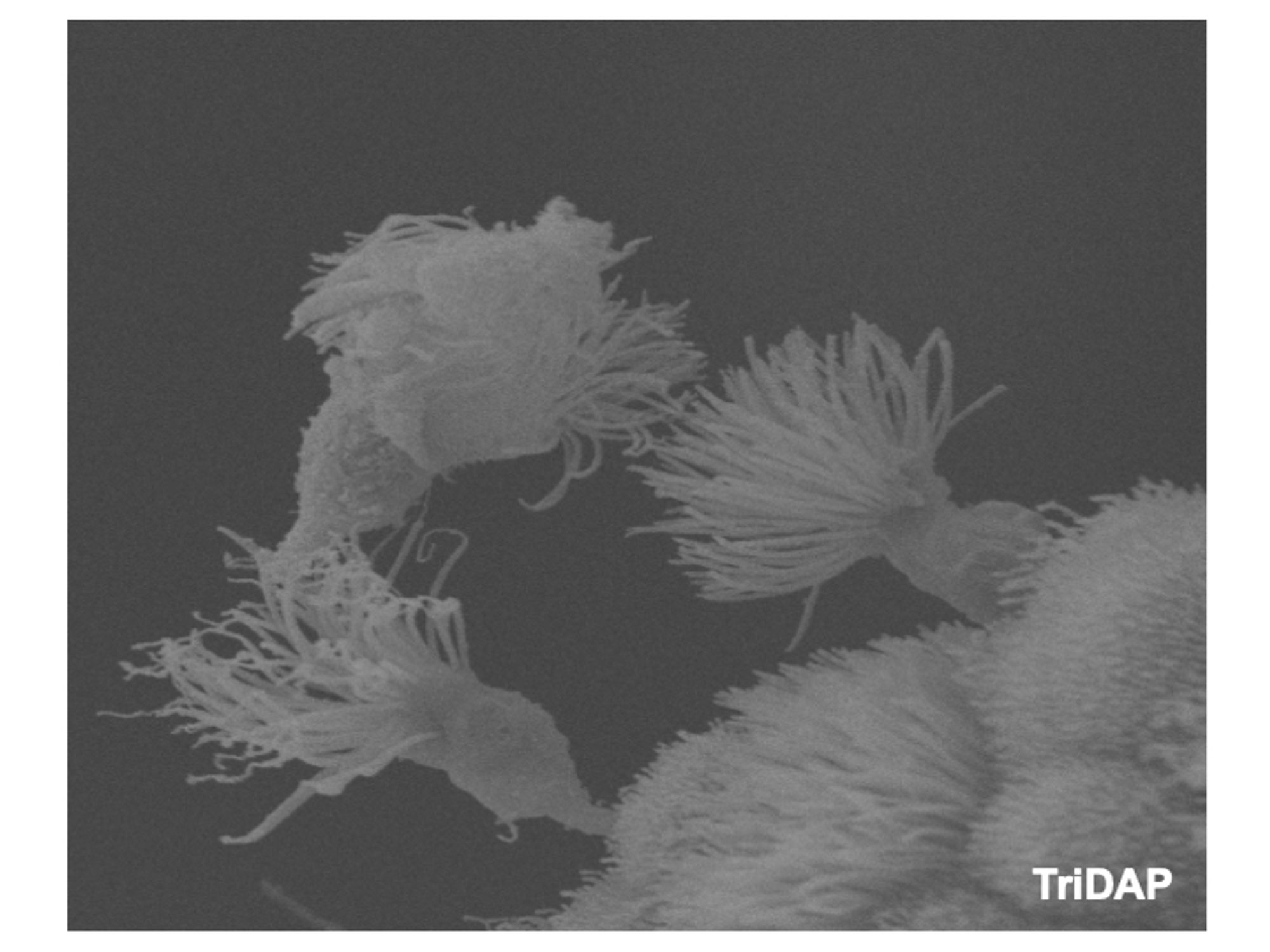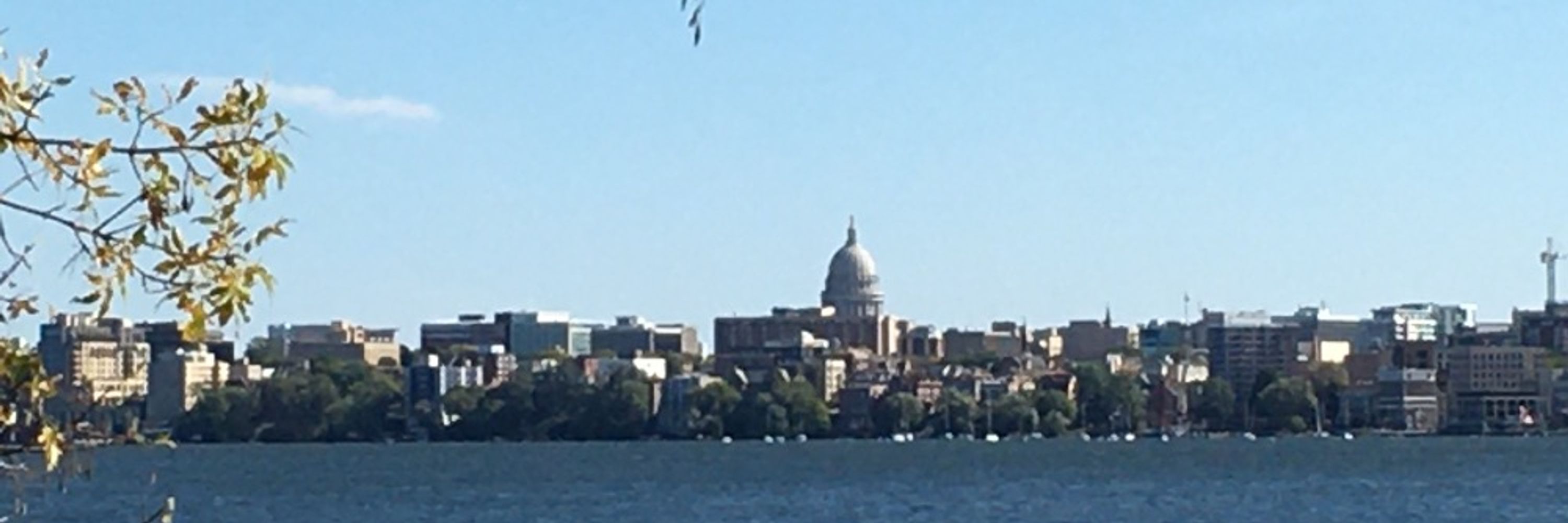
Bacterial aggregation triggered by low-level antibiotic-mediated lysis NPJ Biofilms and Microbiome by Sharareh Tavaddod et al from Rosalind Allen www.nature.com/articles/s41...
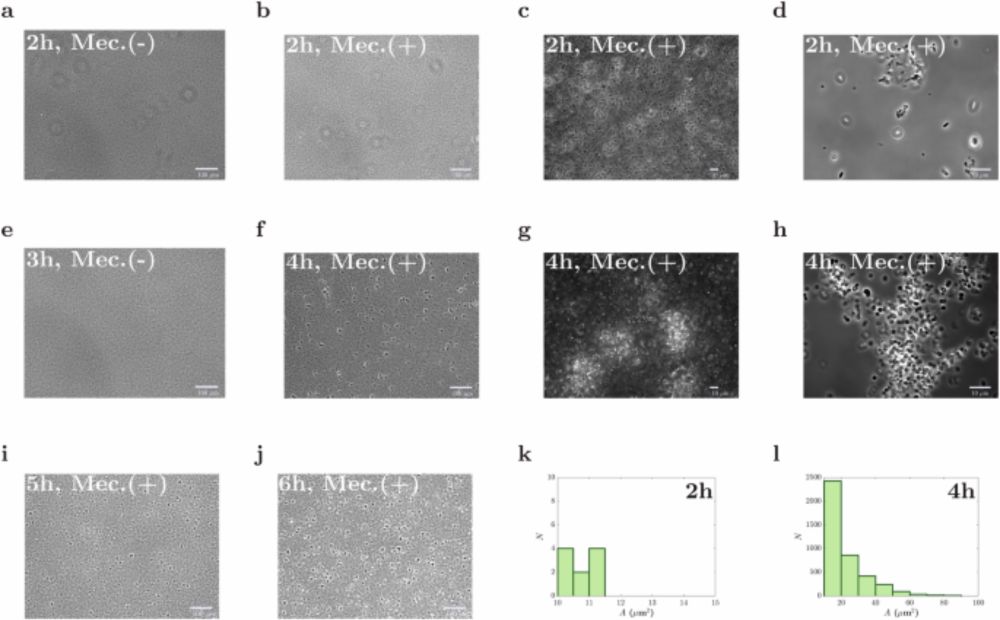
npj Biofilms and Microbiomes - Bacterial aggregation triggered by low-level antibiotic-mediated lysis
It’s out ! Our review on antibacterial responses in macrophages in @NatRevImmunol . We tried to cover as many pathways as we can, macrophages always astonish me by their immense arsenal. Very happy to have collaborated on that paper ! Version online FREE: rdcu.be/dUlUZ
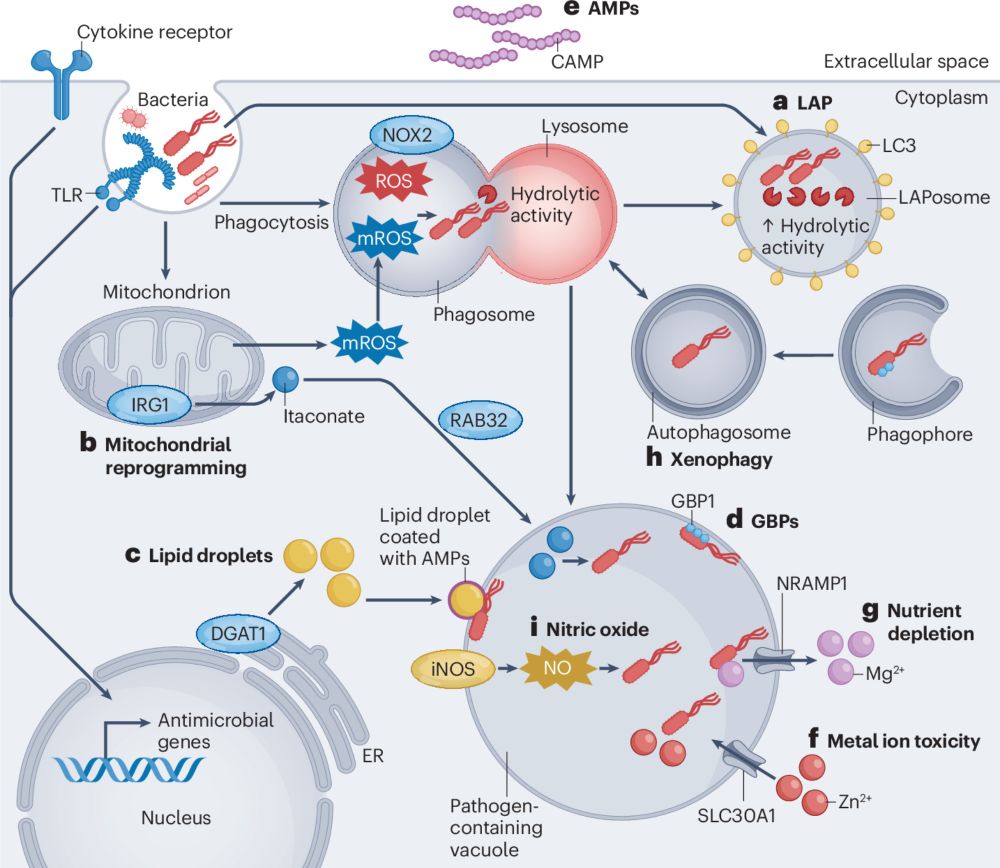
Nature Reviews Immunology - Macrophages are innate immune sentinels providing frontline defence against infection. This Review describes the inducible mechanisms used by macrophages to kill...
Looking for a faculty position? Join our department at the School of Veterinary Medicine at UW-Madison. We are recruiting a tenure-track faculty in Infectious Diseases. An amazing campus, promoting cutting edge research in a collaborative environment, in the beautiful city of Madison. Please share!

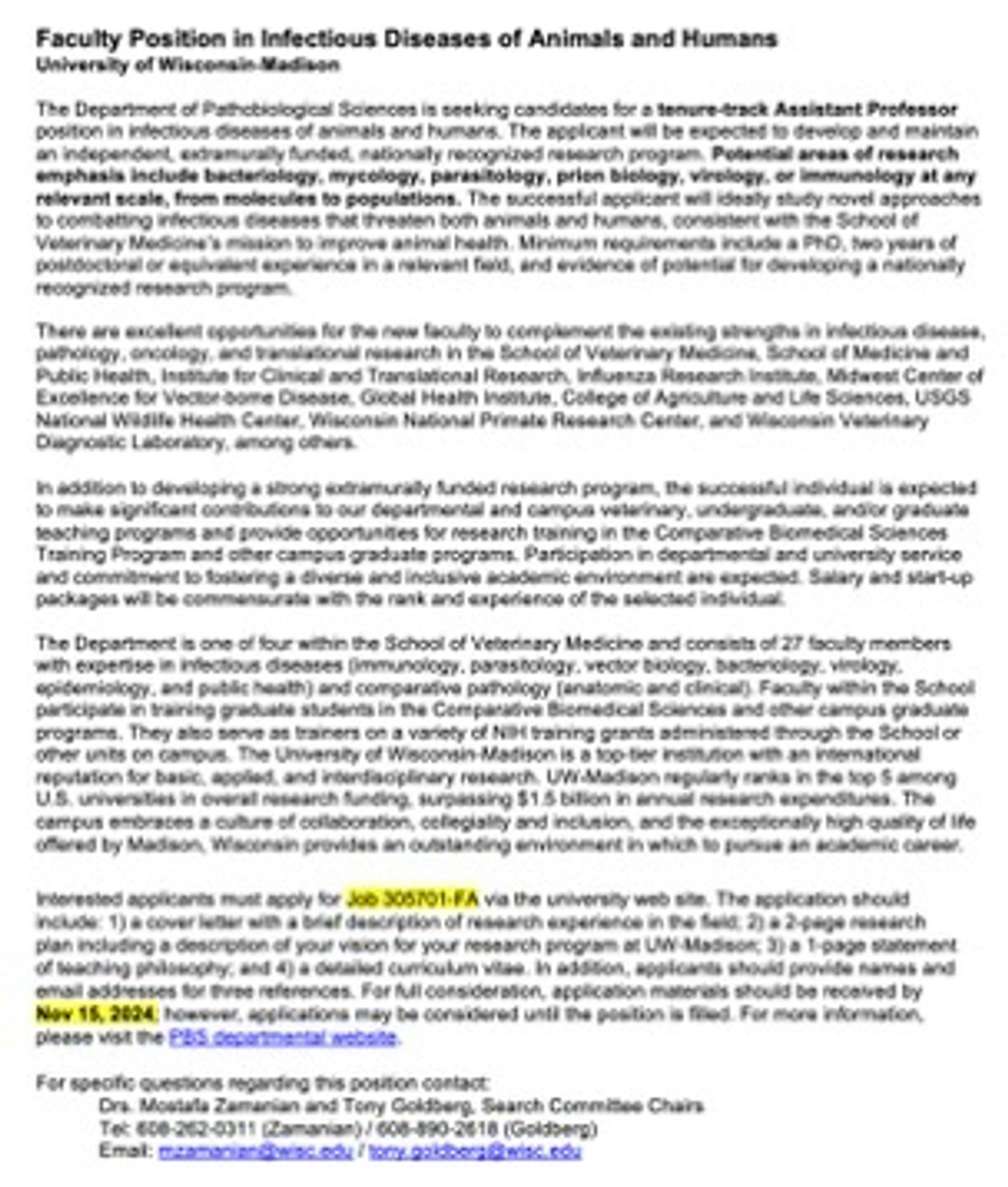
I just heard that Alexander Tomasz died on Monday. I didn't know him, but I met him once while I was a graduate student working on pneumococci. He did pioneering work on pneumococcal competence, discovering competence factor. His work on autolysins and penicillin binding proteins was tremendous.
New Microbial Primer on ‘Phase Variation’ out now www.microbiologyresearch.org/content/micr...
This is a preprint under review, but bacteria can really move around (and do a lot of damage while doing so) 🧪 www.researchsquare.com/article/rs-4...
🧪 We've published our first paper on Gardnerella. There is extensive phase variation in all the Gardnerella species we examined. It effects surface proteins, toxin production, and human cervix infection ex vivo. doi.org/10.1128/msph...
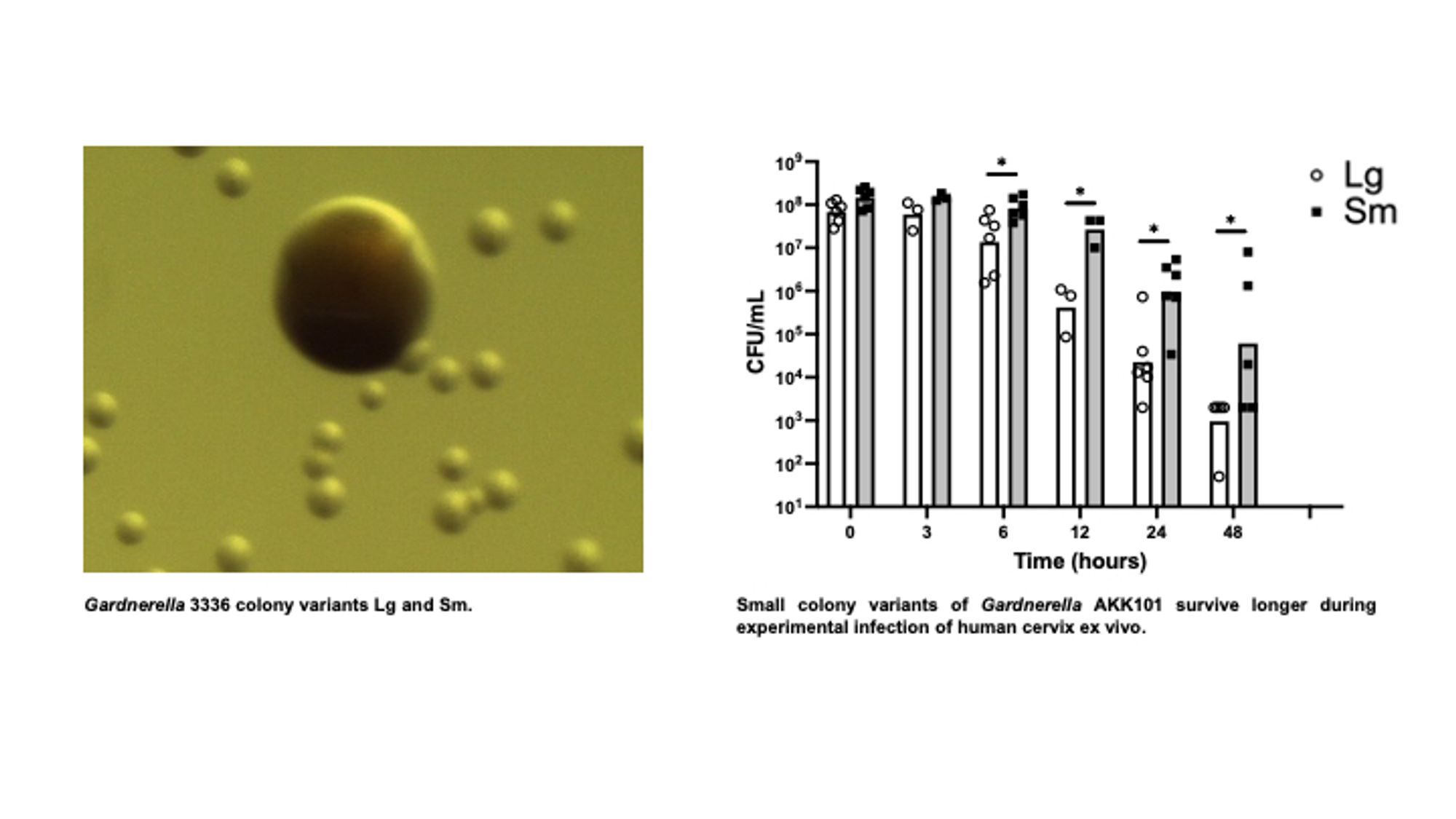
My lab at Northwestern Univ (downtown Chicago campus) has 1-2 postdoc openings to study S. aureus RNA biology and antibiotic resistance. Ad. below . Please distribute to any interested parties. Thanks! #AcademicSky#MicroSky#RNASkysites.northwestern.edu/yaplab/conta...
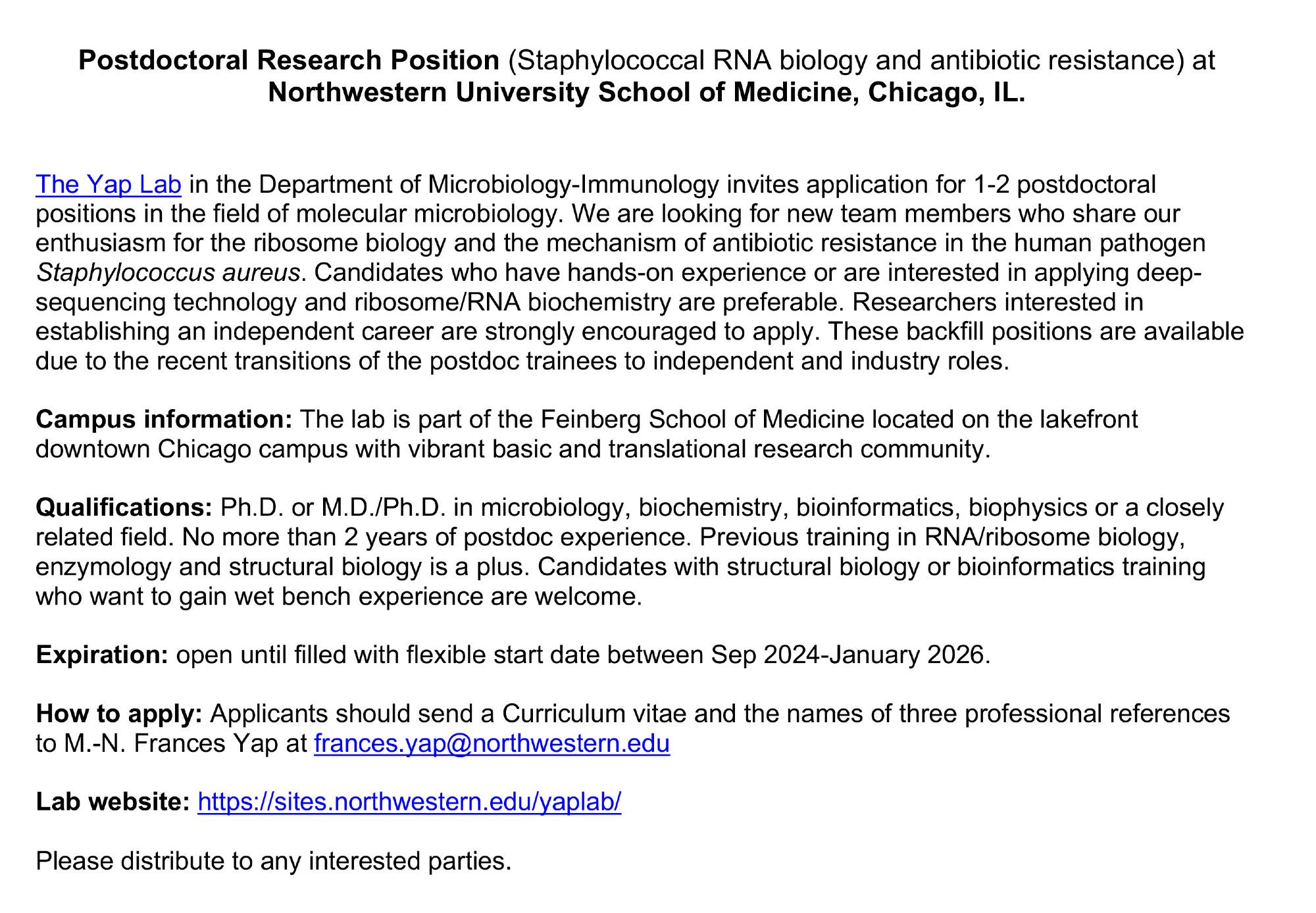
🧪 In PID, peptidoglycan fragments and other soluble molecules released by Neisseria gonorrhoeae lead to tissue damage. Our latest article describes the transcriptomic responses in human Fallopian tube tissue to these molecules or gonococcal infection. rdcu.be/dGR5W
